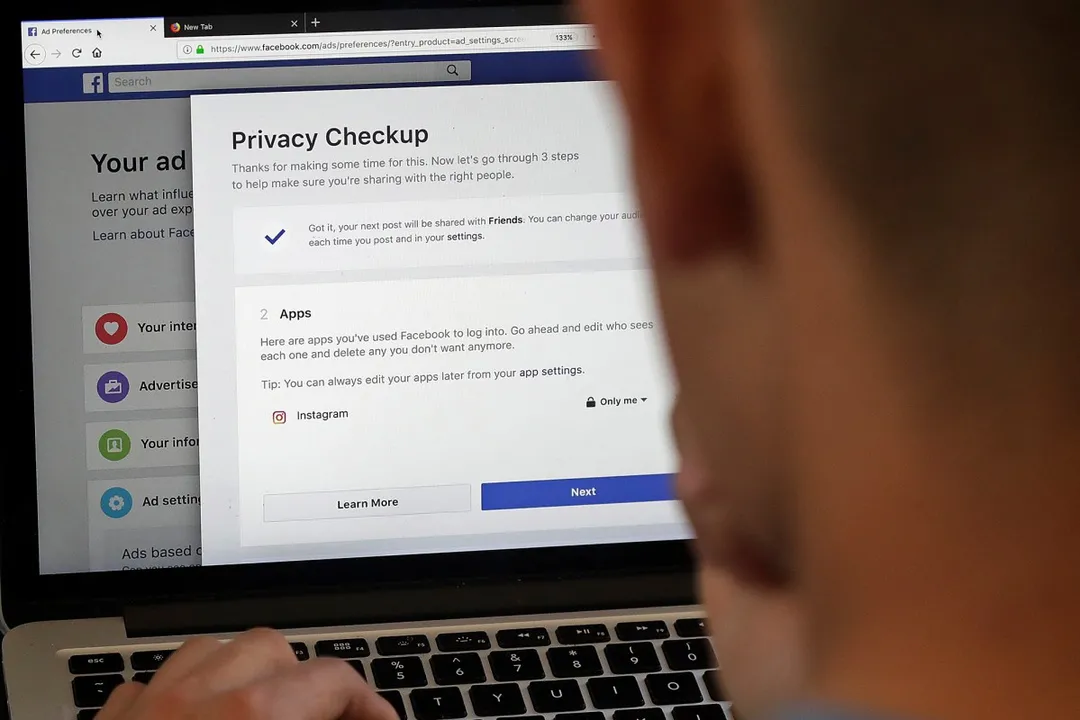
Is AI Turning Against Us? California’s Fight for Fair Tech Explored
In a world where artificial intelligence increasingly influences daily decisions, from job interviews to loan approvals, California is at the forefront of a critical debate: Are AI systems unwittingly perpetuating discrimination? This question is gaining urgency as new regulations aim to hold tech accountable, potentially reshaping how businesses operate and innovate.
At the heart of the issue is California's Civil Rights Department, which has adopted final regulations to limit the use of automated decision-making systems (ADSs) in employment. These rules, awaiting approval and possibly effective by July, target AI tools that analyze resumes, voice patterns, and facial expressions during hiring processes. Experts like attorney Danielle Ochs warn that such systems could inadvertently discriminate based on protected characteristics, such as race or disability. For instance, an AI might misinterpret cultural differences in behavior, like a lack of smiling in interviews, as a negative trait.

This regulatory push builds on existing anti-discrimination laws under the Fair Employment and Housing Act (FEHA), but critics argue it's not enough. As tech advocate Justin Kloczko points out in his commentary, algorithms often make opaque decisions that affect workers' livelihoods, such as shift assignments based on unclear data. California's Privacy Protection Agency had proposed broader protections, including opt-out rights for automated decisions in areas like employment and education, but recent proposals have scaled back amid pressure from Governor Gavin Newsom and business interests.
Newsom's intervention, highlighted in a letter to regulators, underscores the tension between innovation and equity. He warns that overly strict rules could stifle California's tech dominance, potentially driving innovation elsewhere. Supporters, including labor groups like the California Nurses Association, counter that without 'guardrails,' AI could exacerbate inequalities, as seen in cases where algorithms prioritize certain demographics. Attorney Richard Paul notes the practical challenges for employers, who must now scrutinize third-party AI vendors for bias, possibly leading to a market shift toward validated systems.
Opponents, including some lawmakers and business associations, label these regulations as redundant or burdensome, potentially increasing costs and hindering AI's rapid evolution. Yet, proponents like Ochs recommend forming AI governance teams to audit systems regularly, ensuring compliance and reducing risks. This debate reflects a broader national and global trend, with parallels in the European Union, where similar privacy laws are under review.
Ultimately, California's approach could set a precedent for balancing technological advancement with human rights. As AI continues to evolve, the question remains: Will these regulations foster fairness or impede progress? The implications extend beyond the state, affecting how we navigate an AI-driven world.